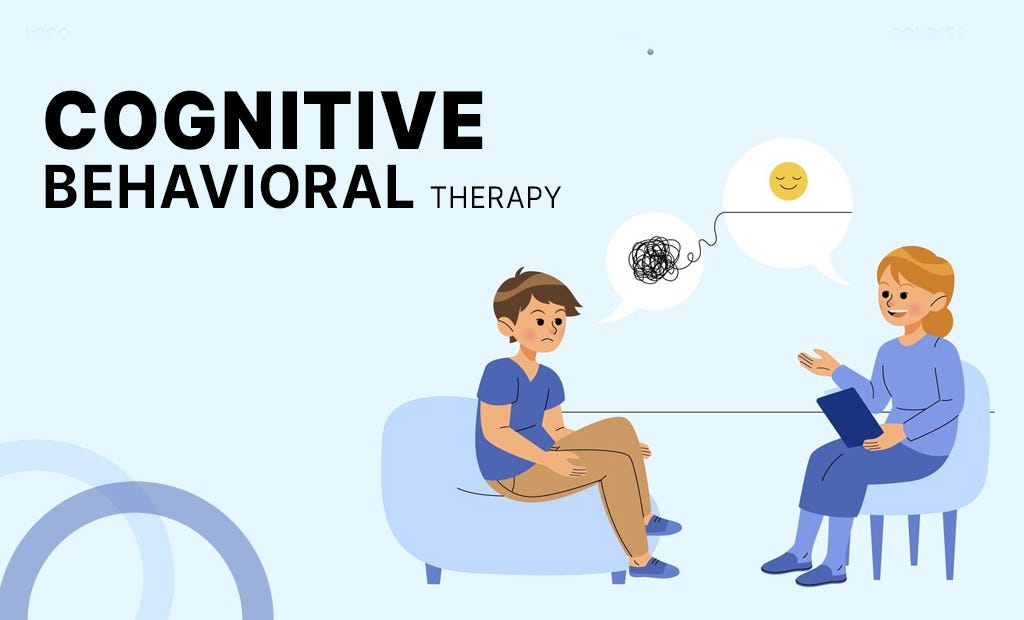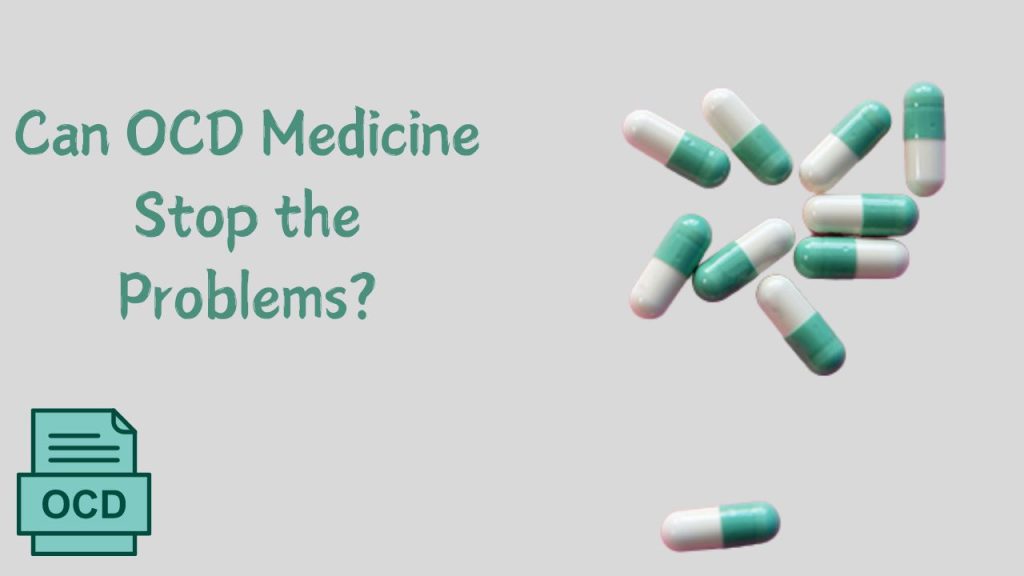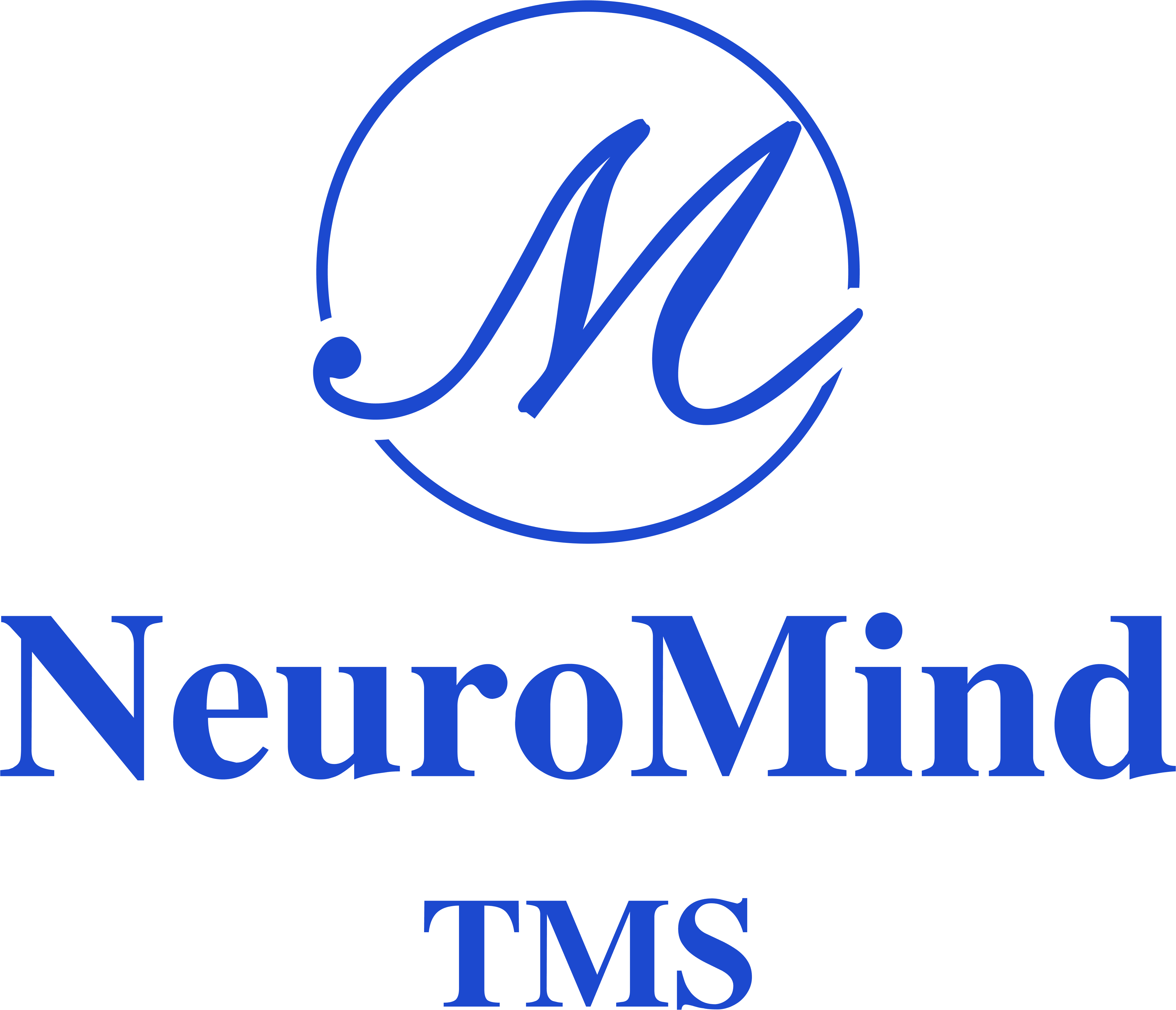
A chronic mental illness better known as obsessive-compulsive disorder or OCD is typified by recurrent, bothersome thoughts as well as repetitive actions or compulsions carried out in an attempt to lower down the anxiety these thoughts generate. OCD can seriously lower one’s quality of life with an ability to go about everyday tasks. Like with various mental health problems, people frequently wonder in case OCD can ever truly be healed.
Let’s examine OCD’s long-term management as well as treatment alternatives with the possible efficacy of various approaches & further discussion of available prospects for long-term cure:
Can OCD Be Cured Permanently?
It is complicated to comprehend the nature of OCD in order to respond to the question, “Can OCD cure permanently?” Since OCD is usually seen as a chronic illness, this can linger for years or even a lifetime. OCD cannot be cured entirely, but it can be effectively controlled with the right care, and in the right manner, thus enabling sufferers to have happy, fulfilling lives.
Time to Understand Probable OCD Treatments:
Cognitive-Behavioral Therapy (CBT)
One of the best promising therapies for OCD is cognitive-behavioral therapy, or CBT. Exposure & Response Prevention or ERP, a particular kind of CBT, has proven to be especially helpful. ERP entails letting people experience their concerns as well as stopping the obsessive behaviours that ensue. This gradually lessens the distress brought on by obsessions & the requirement to carry out particular actions. While ERP cannot permanently cure OCD, treatment can greatly lessen symptoms & further enhance quality of life.

Can OCD Medicine Stop the Problems?
For OCD, prescription drugs are frequently given, especially selective serotonin re uptake inhibitors as well as sporadically tricyclic antidepressants like clomipramine. These drugs work by changing the chemistry of the brain to assist control symptoms. The answer to the question “Can OCD medication stop?” further depends on how well the patient responds to their regimen & how severe their disease is. For some people, taking medicine consistently is necessary in order to adequately manage their symptoms. Under a doctor’s supervision, some people may be able to cut back or stop taking their medication, especially in case they are undergoing continuous therapy like CBT.

It’s critical to realize that quitting medicine should never be done without a doctor’s approval. A sudden stop taking medicine can result in withdrawal symptoms and a recurrence of symptoms. If it is determined that it is suitable, a healthcare expert can assist in choosing the most effective method for weaning off medication.
Can it be Possible to Treat OCD with TMS?
Most of the time, a non-invasive procedure called transcranial magnetic stimulation or simply TMS stimulates brain nerve cells with magnetic fields. TMS has showcase potential in the treatment of a number of mental health problems, such as OCD & depression. Numerous research have addressed the topic, “Can TMS treat OCD?” & the associated findings are promising.
TMS further helps to modify brain activity by focusing on particular brain regions linked to OCD. After getting TMS treatment, various individuals have experienced a notable improvement in their OCD symptoms. Despite its potential effectiveness, TMS is not regarded as a cure. Instead, it is an additional resource for the purpose of effectively controlling OCD symptoms, frequently used in addition to counselling and medicine.
Can OCD Cure From TMS Method?
The problem faced by many individuals who wants to know the answer to this question “Can OCD cured from TMS?” has to be handled very cautiously, even in case TMS can be a potent therapy option. It has been observed that, TMS can greatly lessen symptoms & enhance the quality of life for OCD patients, but it is not a long-term remedy. Individual differences exist in the effects of TMS, and for some, maintenance sessions may be necessary to maintain the benefits.
What Can be Long-Term Management of OCD For Patients?
Long terms Treatments for OCD are usually individualized as well as combined to deliver effective long-term management.
These are some of the most effective elements linked with the long-term OCD management:
Modifications in Lifestyle
Opting for a healthy lifestyle can somewhat assist reduce symptoms linked to OCD problem. A regular exercise, healthy diet, enough sleep, and stress-reduction tactics like mindfulness & meditation can all improve general wellbeing and lessen symptoms.
Assistive Systems
Generating a robust support network is essential for managing OCD over the long run. Family, friends, support networks, as well as mental health specialists fall under this category. Support networks can deliver a feeling of community, useful guidance, and emotional support—all of which can be tremendously helpful for those with OCD.
Frequent Inspection
Early detection of any changes in symptoms can be facilitated by routine monitoring and check-ins with medical professionals. Treatment regimens can be adjusted as a result of this proactive approach before symptoms become unbearable.
Continuous Counselling
It takes ongoing therapy, especially CBT & ERP, to effectively manage OCD. Those who attend regular meetings with a mental health expert can learn coping mechanisms, learn how to handle stress, as well as avoid relapsing. Therapy usually delivers a caring setting where clients can discuss their difficulties & acknowledge their advancements.
Medication Administration
Medication is one such vital component of OCD management for many people. In order to guarantee that the pharmaceutical regimen is successful & that side effects are kept to a minimum, regular meetings with a psychiatrist are recommended. Over time, some patients may be able to cut back on or stop taking their medicine, but this should always be decided after consulting a healthcare expert.
Implementation of Some Innovative Treatments & Future Directions
Well, some new therapies & methods are continually being developed in the area mental health therapy. Therapies like: Deep Brain Stimulation or DBS and Virtual Reality Therapy (VR) can help patients expose their concerns in a safe manner through some virtual settings.



